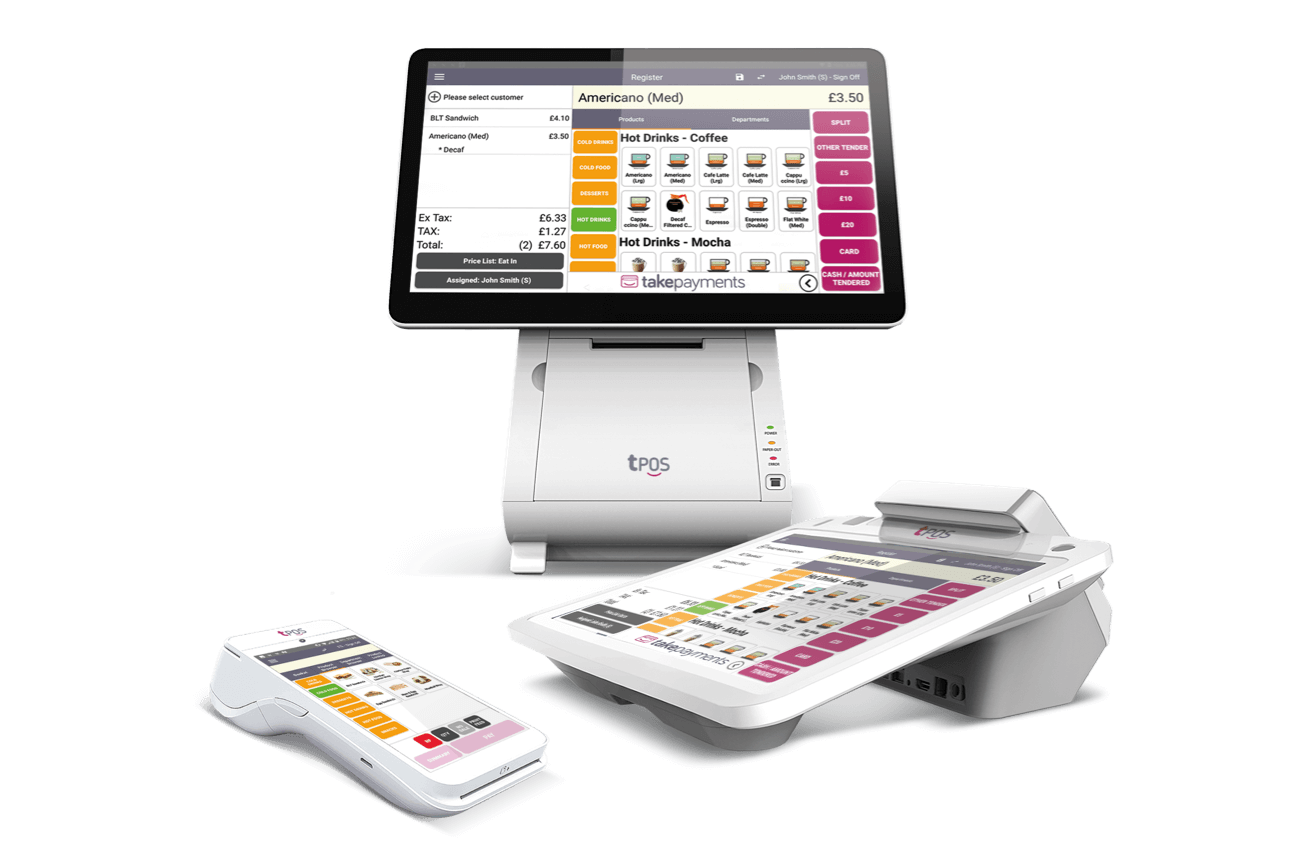
What financial challenges do UK businesses face in 2023? Key stats revealed
Costs are the biggest concern for businesses in 2023. Nearly half (46%) of business owners say financial challenges are their biggest concern in the next 12 months, and 2 in 5 businesses are worried about pricing and profitability (42%). This was outside the top 10 concerns cited by firms at the beginning of 2022.
|
“What is your number one concern for your business in the next 12 months?” |
||
|
1 |
Financial challenges |
46.10% |
|
2 |
Environmental and sustainability challenges |
10.80% |
|
3 |
Talent and people |
9.40% |
|
4 |
Continuing impact of Brexit |
9.20% |
|
5 |
Supply and logistics |
8.10% |
|
6 |
Technology risks |
7.10% |
|
7 |
Societal changes |
6.30% |
What is causing SMEs' increasing anxiety about their finances in 2023? And what measures can they put in place to help see growth against the odds?
Decreasing consumer spending is a central issue in 2023
Many UK businesses feel that consumers are less willing to spend money in 2023 than they were a year ago. It was the second most common concern among business owners in our survey, with more than a third (35%) of respondents agreeing that they were worried about it. It came above concerns about the price of energy and rent (30%) and fell just below pricing and profitability (42%).
How are businesses managing their finances?
The number of businesses for whom cash flow is a concern has risen significantly since 2022. Last year, a quarter of companies (25%) said late payments had a worrying impact on their cash flow, but that's jumped up to more than a third of businesses (37%) in 2023. A recent report from Nerwallet revealed that just over half (55%) of UK small and medium-sized enterprises (SMEs) have outstanding invoices from the 2022/23 tax year.
One issue is that many business owners have to manage their own accounts on top of the various other plates they're already spinning. More than a third (37%) of business owners have taught themselves tax and invoicing, with the same number handling all their own accounts and finances (37%). Only 15% of business owners said they weren't involved in managing their finances.
Late payments have a worrying impact on my cash flow
I handle my business's accounts and finances myself
I have noticed a decrease in consumer spending in the last 12 months

Online and digital payments
On a more positive note, businesses are gaining confidence with digital and online payment management.
Business owners are far more confident using online banking than last year: while a third (34%) said they lacked enough understanding in 2022, only 1 in 10 (11%) said the same in 2023.
Additionally, business owners are less likely to report not understanding digital payment systems than last year. Only 8% of respondents said they didn't fully understand things like EPOS and online payments, down from a fifth (21%) in 2022.

What the data tells us
Jodie Wilkinson, Head of Strategic Partnerships at takepayments says: "With spending becoming a bigger concern for UK businesses in 2023, it's natural that business owners will start to prioritise their financial strategies and adopt measures to manage costs effectively."
"We may see businesses of all sizes adapting their strategies to cater to these rapidly changing consumer behaviours. While prices are still high, that might mean some businesses choose to cut into their margins in the short term to retain customers for the longer term."
"The increase in cashflow issues could be related. With everyone tightening their spending, it can be difficult to justify any expenditure that isn't critical, so businesses selling delayable goods or services are fighting an uphill battle. A recent ONS report on consumer spending showed that in Q2 2023, credit card spending on delayable goods like clothes and electricals has actually declined by 4% year-on-year while spending on staple goods are up 9%."
"A positive trend is the increasing confidence in using online and digital payment systems. Business owners are becoming more comfortable with online banking and digital payment platforms. This indicates the importance of embracing digital payment solutions to enhance efficiency, reduce costs, and offer more convenience to customers."
To see more key findings from the survey, check out our other reports:

Methodology
To collect this data, takepayments surveyed 1,000 UK-based business owners, directors and leaders between 27th July and 1st August 2023. Users were screened prior to their responses and each answer was stratified to ensure maximum accuracy. The survey was built on and distributed by Pollfish, a leading independent consumer insights platform.


